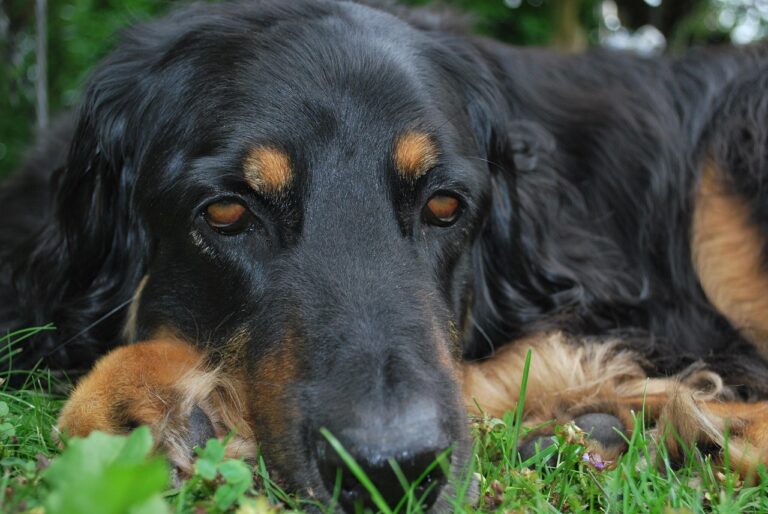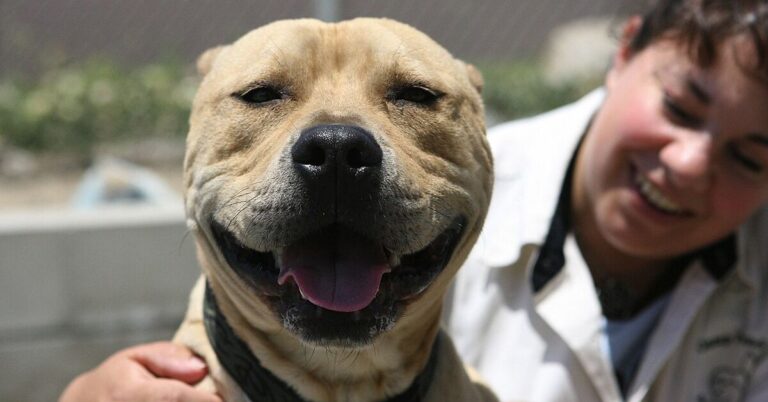15 Dog Breeds That Could Pose a Risk to Small Children
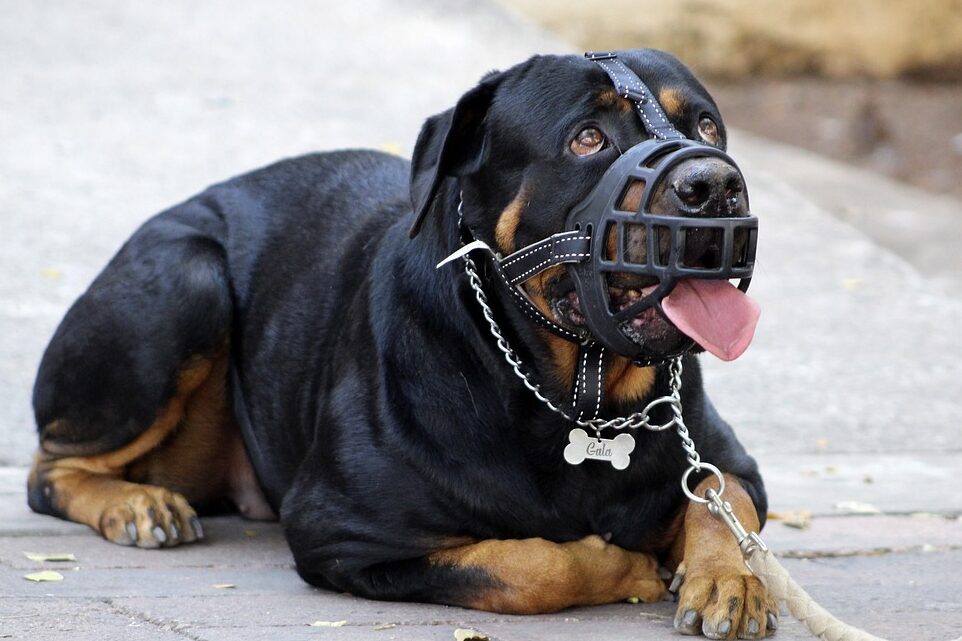
Some breeds, while loving and loyal, may pose a risk due to their size, energy, or temperament. Some dogs need extra supervision, training, and socialization to ensure they can safely interact with young kids. Here are 15 dog breeds that can make great pets but also require caution around small kids.
Rottweiler
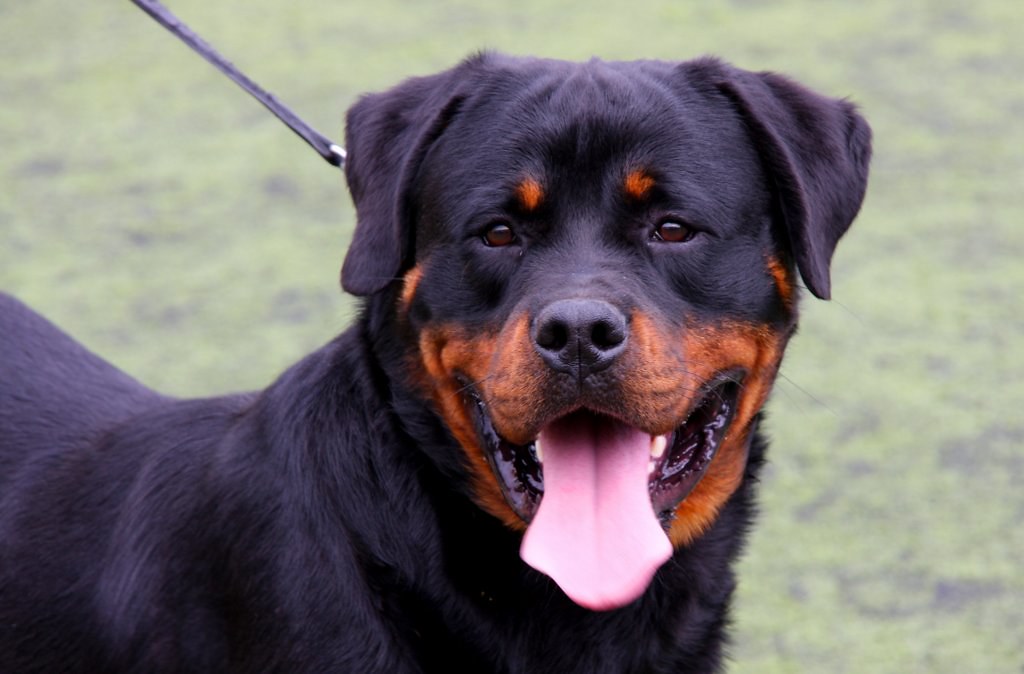
Rottweilers are dogs with a strong protective instinct. They can become overly defensive if they perceive playful behavior as a threat to their family, especially when children are involved. Their size and strength make them difficult to control in high-energy situations, which can lead to accidental harm or even aggression.
Pit Bull Terrier
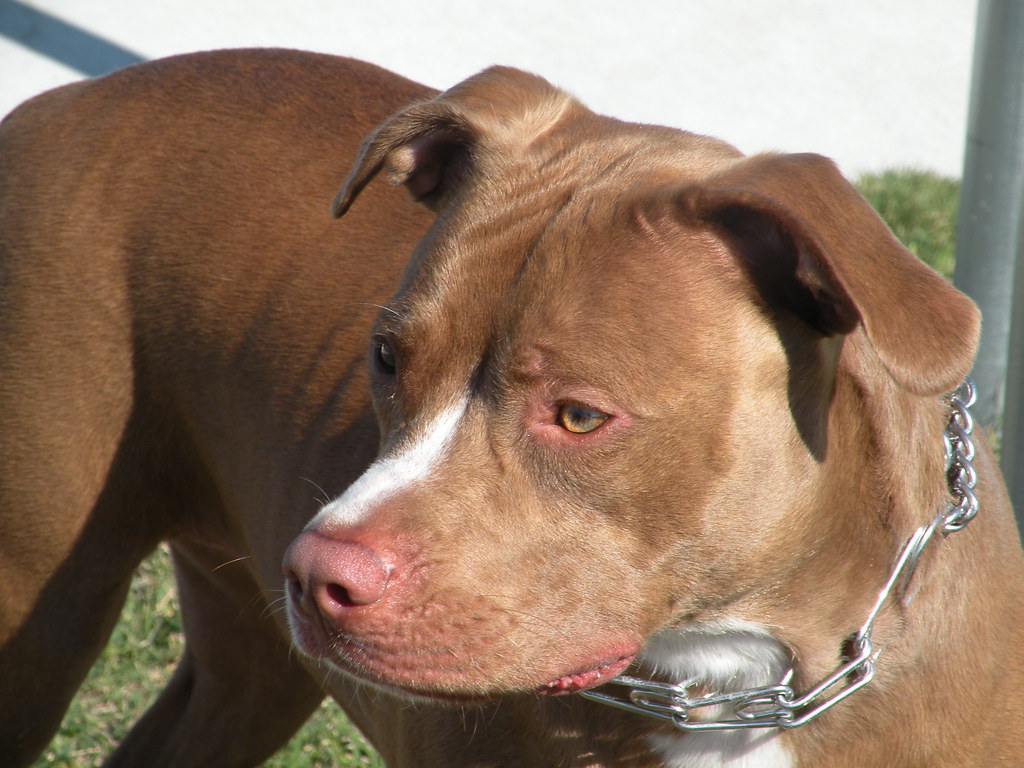
Pit Bulls are known for their strength and loyalty but can be overly exuberant, especially around children. While they are often affectionate, their high energy and rough play can lead to unintended injuries. If they feel threatened or if a child’s behavior is misinterpreted, they may become defensive or aggressive.
German Shepherd
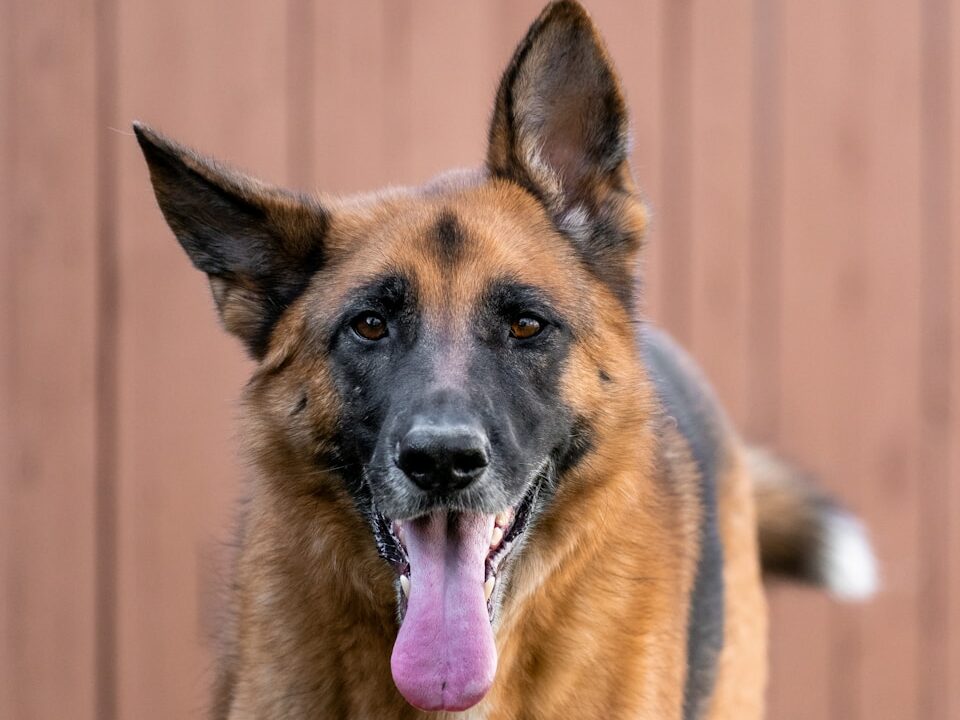
German Shepherds are intelligent and protective, often taking on the role of a guard dog in a family setting. Their protective nature can sometimes lead to overreactions, especially around small children who may unknowingly trigger their defensive instincts. While they are generally loving, their size and strength can make them dangerous if not properly trained to interact calmly with kids.
Doberman Pinscher
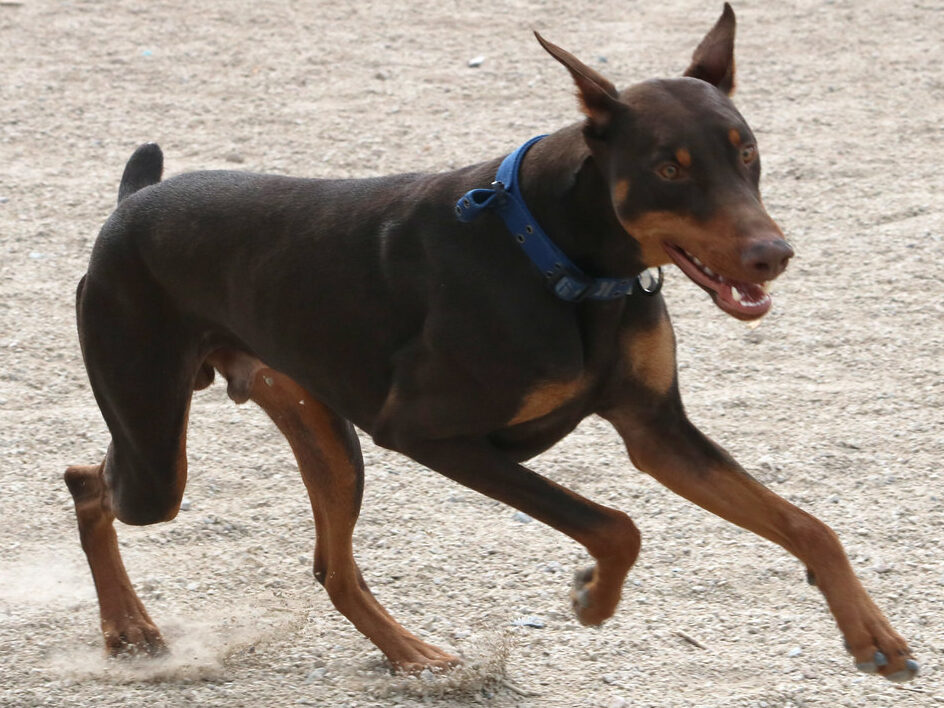
Dobermans are alert and loyal, bred for protection. Their observant nature means they may perceive sudden movements or loud noises from children as threats. Without proper socialization, they can become anxious or defensive, leading to aggressive responses. Given their size and power, Dobermans need consistent training and exposure to children to ensure they react appropriately in family settings.
Alaskan Malamute
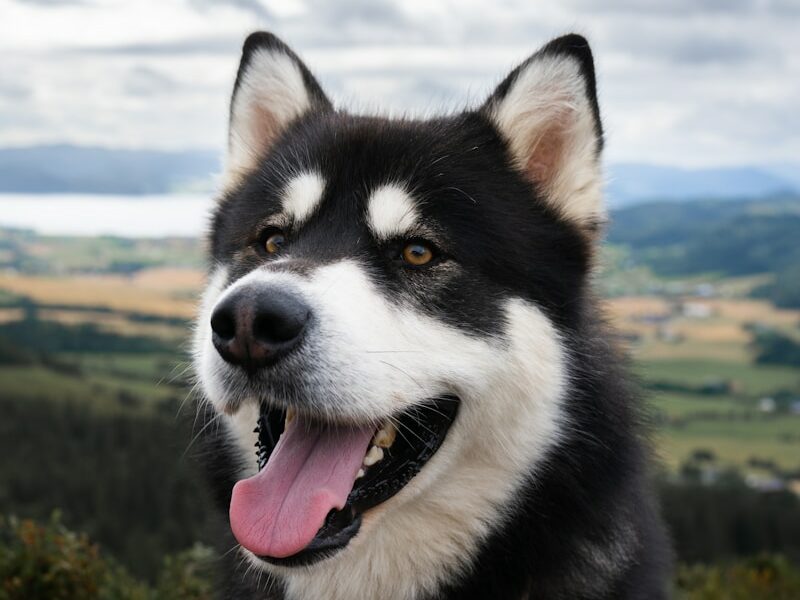
Alaskan Malamutes are strong, energetic working dogs. While generally friendly, their high energy and independent nature can make them overwhelming for small children. They also sometimes play too roughly, leading to accidental injuries. Additionally, Malamutes may not have the patience for children’s unpredictable behavior, so it’s important to supervise their interactions.
Chow Chow
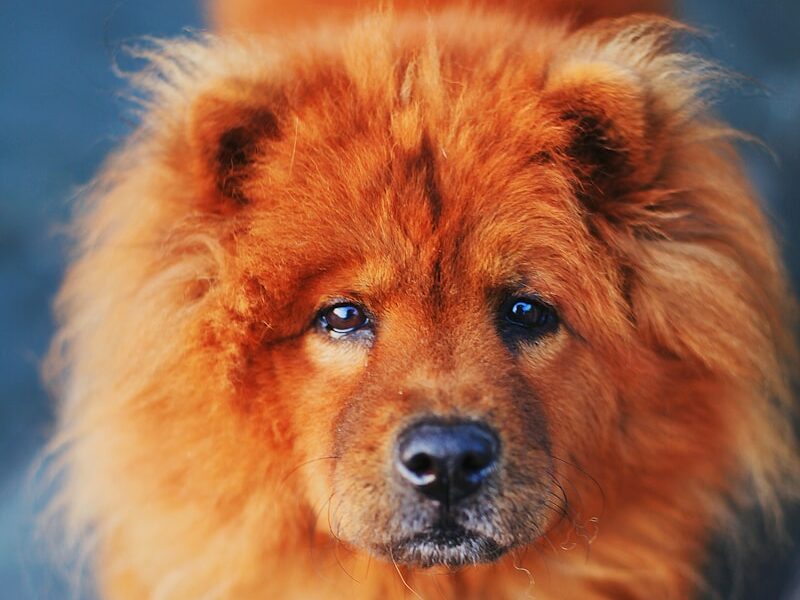
Chow Chows are known for their aloof and independent temperament. Their territorial nature can make them wary of strangers, including children. They may not tolerate rough handling or loud behavior, which can result in defensive aggression. Chows need early socialization and firm boundaries to coexist peacefully with small children.
Akita
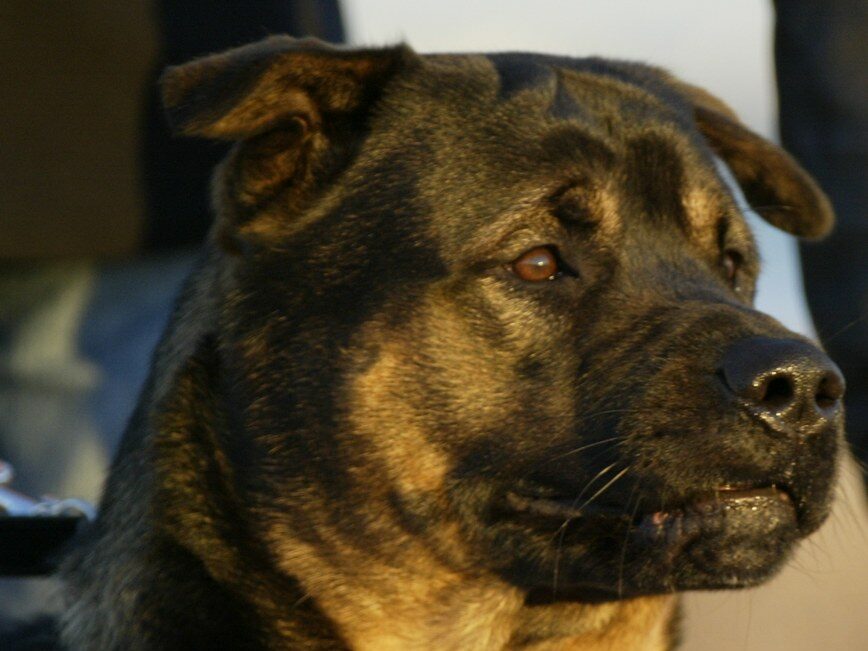
Akitas are strong, independent, and highly protective. Their natural guarding instinct can make them wary of children, especially if they feel their space or family is being threatened. Akitas may not tolerate the unpredictability of small children, making them more likely to react if their boundaries aren’t respected.
Husky
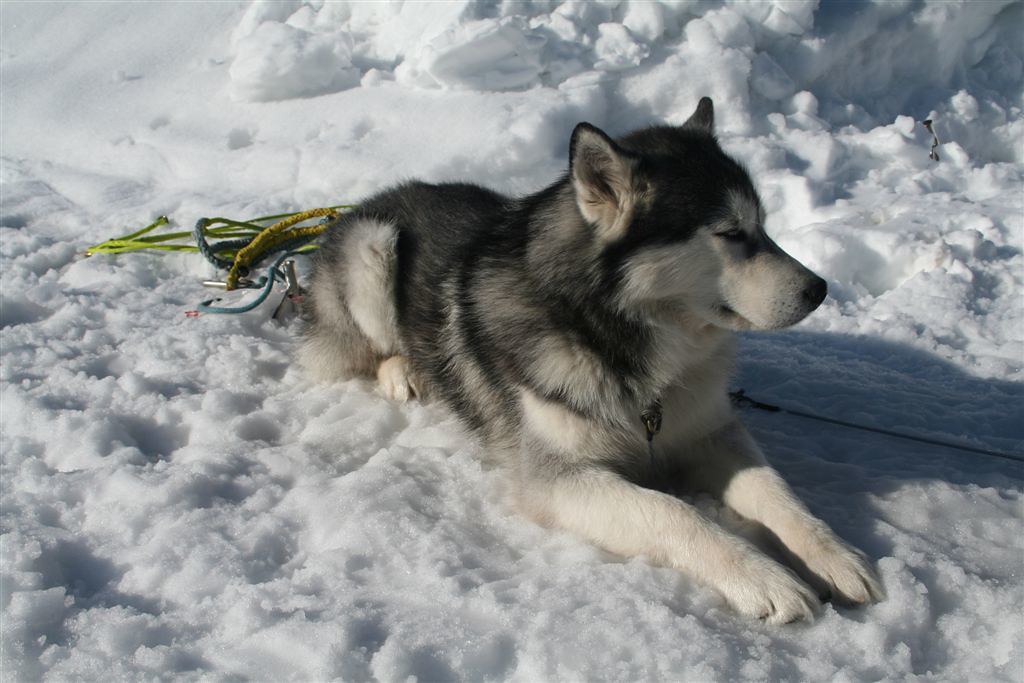
Huskies are energetic, independent dogs with a strong prey drive. While generally friendly, their high energy can make it difficult for them to manage around small children. They may become overly excited and play too roughly, potentially causing harm. Huskies need a lot of exercise and training to prevent behavioral issues.
Bullmastiff
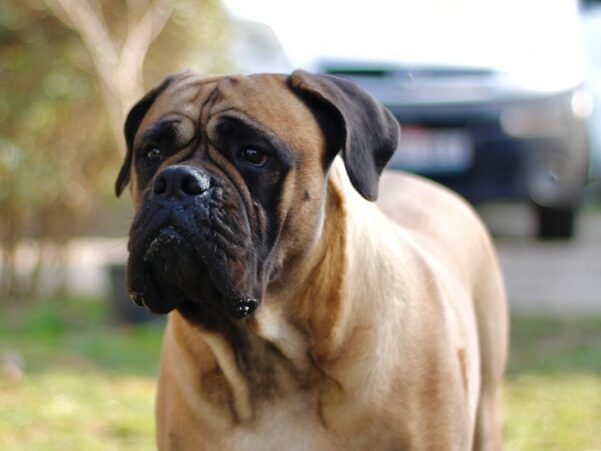
Bullmastiffs are generally gentle, but their sheer size and strength make them a potential risk around small children. If a Bullmastiff feels the need to protect its family, it may overreact in situations that don’t require defense. Early socialization and consistent boundaries are essential to ensure they remain calm around young kids.
Weimaraner

Weimaraners are intelligent and energetic, often requiring plenty of mental and physical stimulation. Their high energy can make them overly excited in the presence of children, which may lead to accidents during play. They are also sensitive to rough handling, and without proper training, they can respond defensively.
Dalmatian
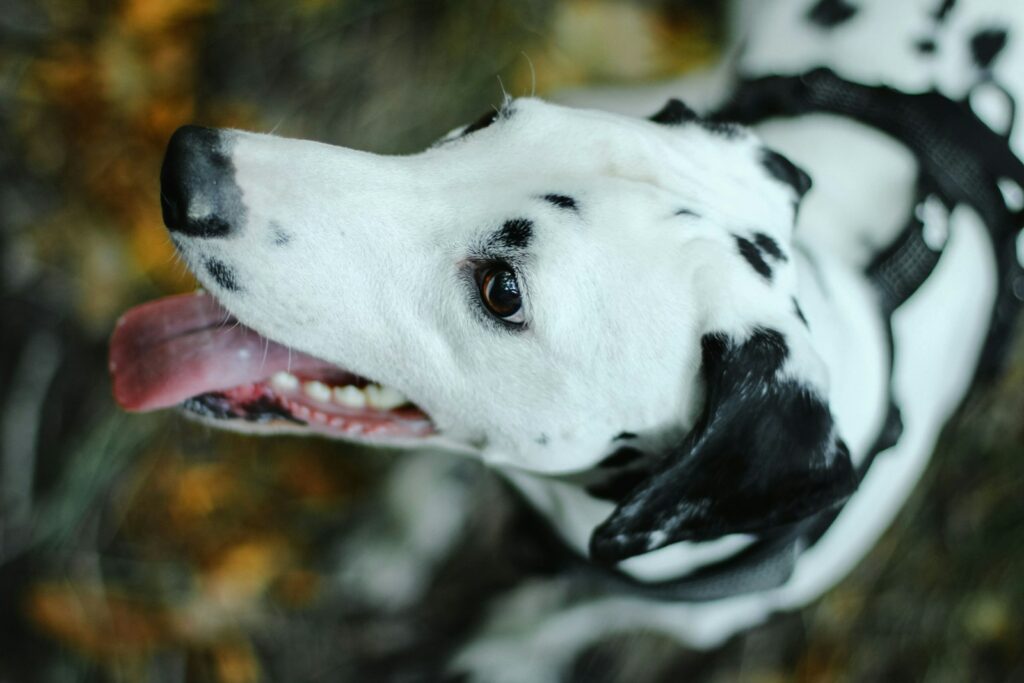
Dalmatians are known for their high energy and playful nature, but their cheerfulness can become overwhelming for small children. They are sensitive to rough play and can become defensive if they feel uncomfortable. Dalmatians need consistent training and socialization to manage their energy and ensure they don’t unintentionally harm children during playtime.
Saint Bernard
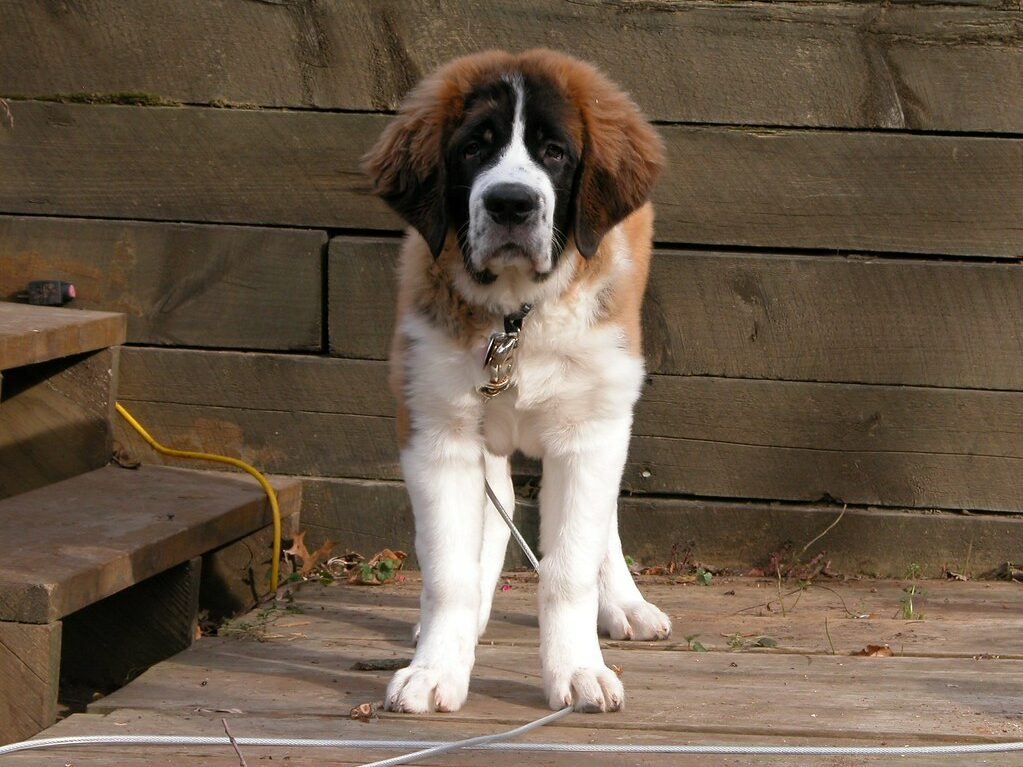
Saint Bernards are gentle, big dogs, though their large size can make them a risk around small children. Even though they are generally calm, their bulk means they can accidentally knock over or injure kids without meaning to. Supervision and training are essential to make sure that their size doesn’t pose a risk to young children during play or daily activities.
Jack Russell Terrier
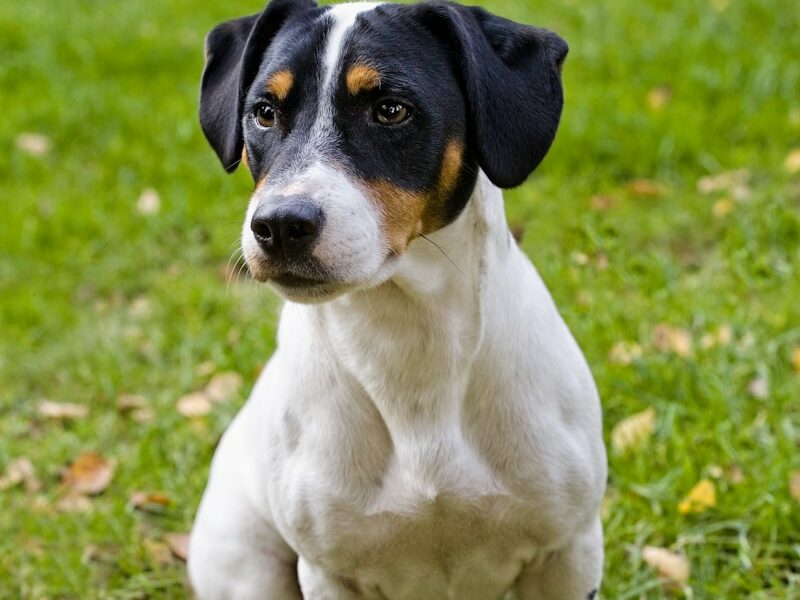
Jack Russells may be small, but they are high-energy and can be assertive. If overstimulated, they can become nippy or reactive, which can be problematic around young children who may not know how to handle them gently. Jack Russells need plenty of mental stimulation and boundaries to prevent them from becoming anxious or aggressive in high-energy environments.
Boxer
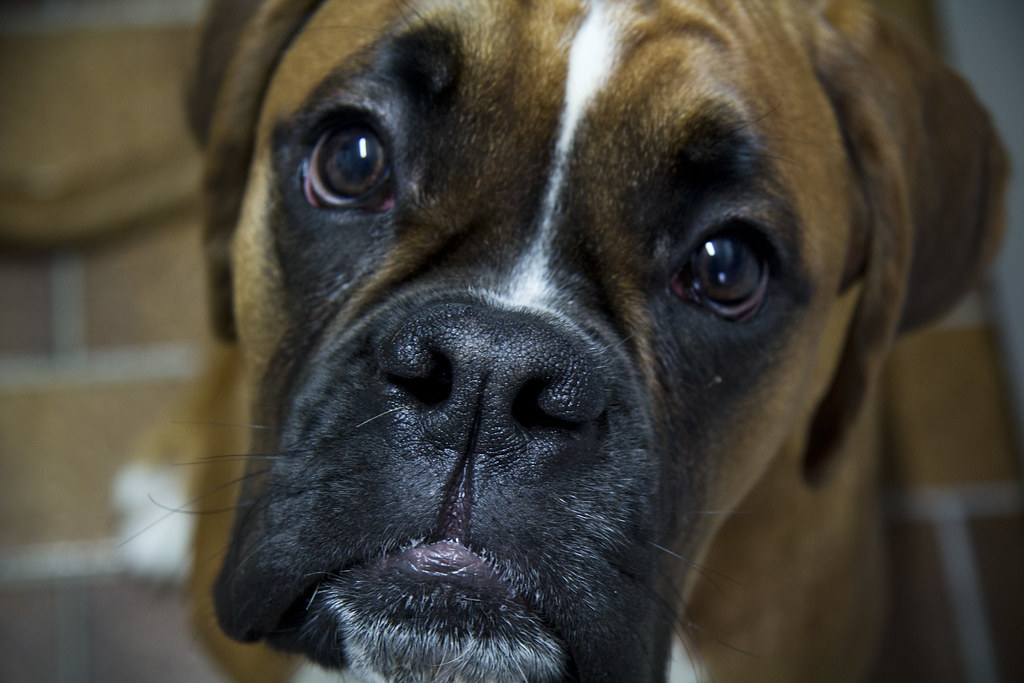
Boxers are known for their playful nature, but their energetic behavior can be too much for small children. They may jump or play too roughly, leading to accidental injuries. Boxers need plenty of exercise and training to help them control their excitement, especially around children. Supervision during playtime is important to prevent unintentional harm.
Great Dane
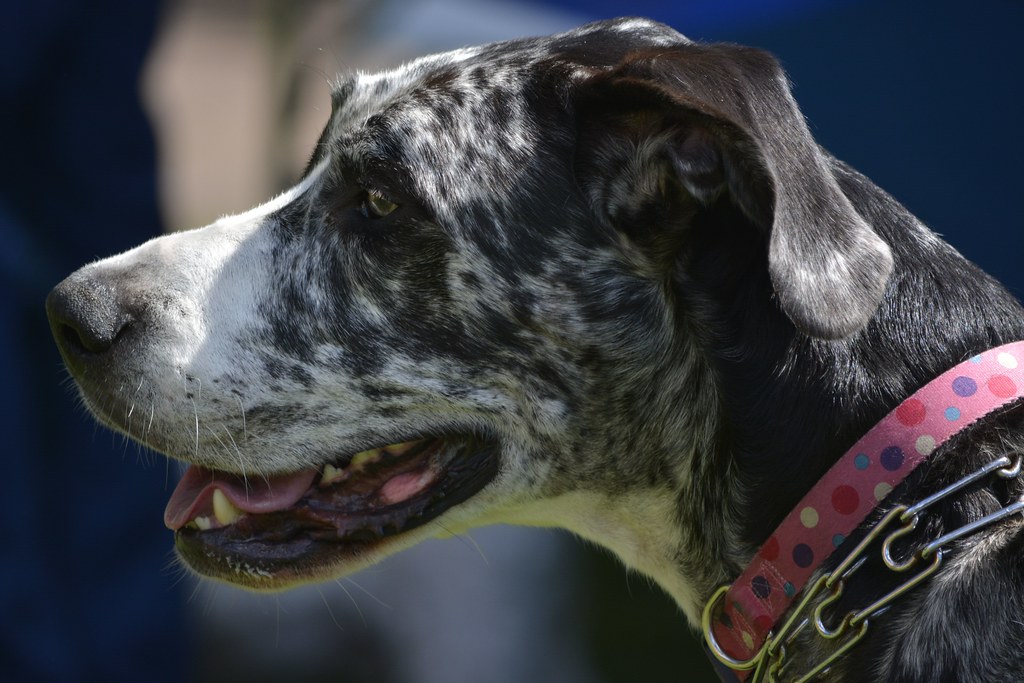
Great Danes are gentle by nature but pose a risk simply because of their enormous size. Their friendly, playful behavior can easily result in accidents if they are not mindful of their strength. Even a playful nudge can knock over a small child.
